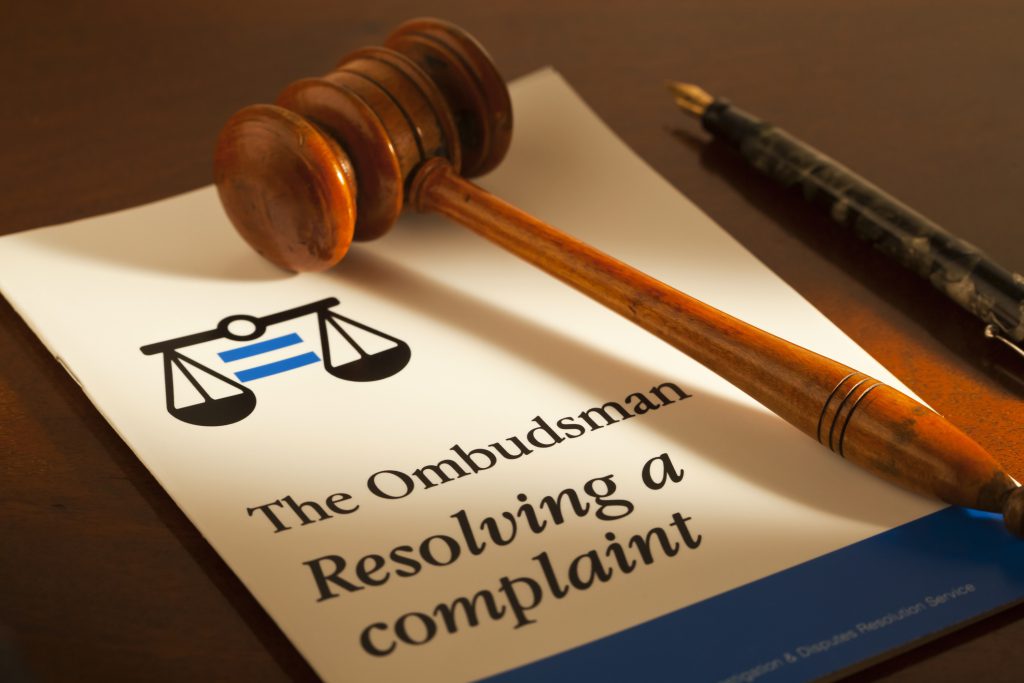One in seven had their grievance upheld by the Ombudsman

In 2024, one in every seven aggrieved parties who sought redress before the Office of the Ombudsman had their case upheld, while one in every five had their case resolved without the need to launch an investigation.
The figures emerged from the 2025 Ombudsplan which was recently tabled in parliament. The annual publication outlines the planned activities and initiatives that the Office aims to undertake in the coming year while providing parliament with an update on the concerns raised in the previous year’s report. Moreover, the document is part of the process through which it seeks funding from Parliament. 2025 marks a significant milestone for the Office of the Ombudsman, as it will be the 30th anniversary from its establishment.
During the period under review which is from January to August 2024, the Office handled 372 cases which represented a modest 5% increase over the previous year. The rise was attributed due to outreach activities meant to encourage the public to seek redress through this independent watchdog, for any grievances related to public or State entities.
Our of these cases 211 were handled by the Ombudsman, 63 by the Environment Commissioner, 58 by the Health Commissioner and 40 by the Education Commissioner. On a positive note, the report remarks that a 30% increase was registered in the number of concluded investigations which totalled 386. Consequently, the pending caseload stood at 280 which represented a decline of 38%.
The office pointed out that between January and August 2024 they assisted 485 individuals, reflecting a notable 84% increase compared to the previous year.
A deeper analysis of the caseload reveals that the most common grievance reported was related to unfair treatment or lack of equity, comprising 31% of the total complaints (117 cases). This was followed by complaints concerning undue delays or failures to act, including issues related to waiting lists which accounted for 20% of complaints (76 instances).
It transpires that of the 386 cases investigated, 56 were upheld (15%), while 88 were rejected (23%). However, 83 cases (22%) were resolved just by providing advice without the need of launching an investigation. On the other hand, there were 118 cases which were not followed by an investigation – presumably as there were no grounds – comprising 31% of the total complaints. Finally, there were 33 cases which were declined by the Office for various reasons outlined in the law, and a further nine were not accepted as they did not fall under the jurisdiction of the Office.
Looking at the bigger picture the report states that for the second year running more people sought redress through the Office, thus reversing the trend of previous years.
